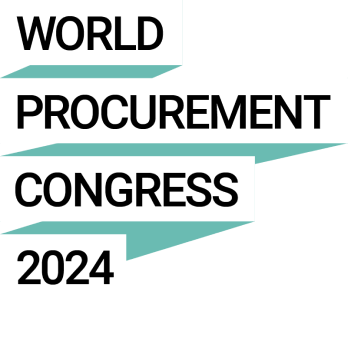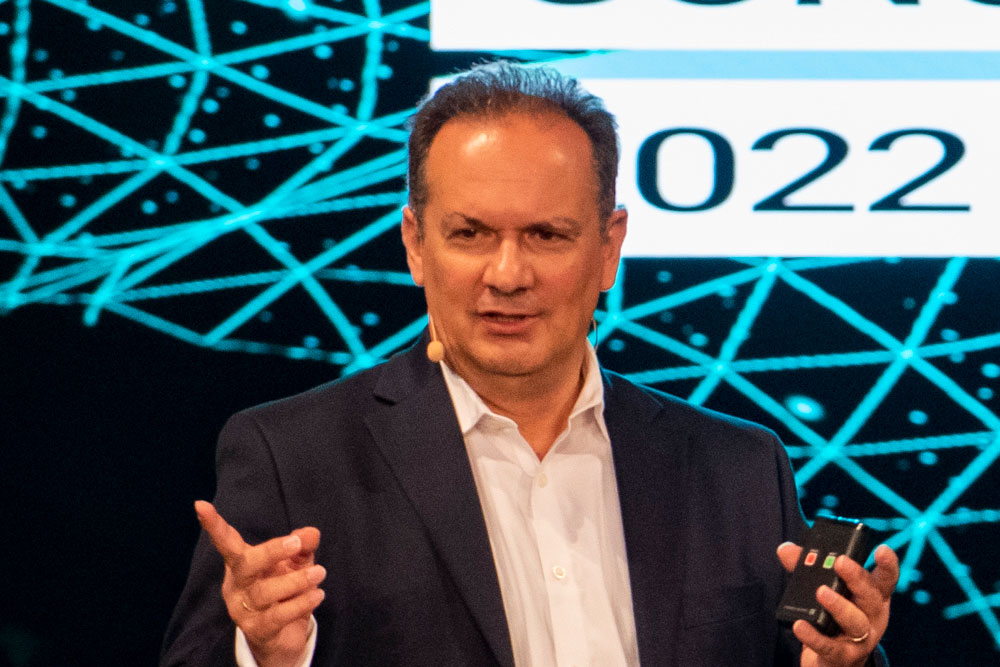Miguel Gonzalez is no stranger to choppy waters. Long before he embarked on his career in procurement, the CPO of multinational chemicals behemoth DuPont spent six years in the Spanish Navy before his circumstances changed and he came to realise life at sea was not conducive to raising a family.
“I thought that was going to be my career. But, I met my wife, we got married and had a kid, and I realised that being in the navy and having a family were not compatible, so I quit,” he tells Procurement Leaders.
Perhaps it is thanks to this experience that Gonzalez places particular emphasis on ensuring his team has a good work-life balance, despite the ongoing turmoil that the polycrisis is creating. “People are burned out. The last few years have been brutal for procurement… Right now, when I talk to CPOs, most procurement organisations are in bad shape. They [procurement professionals] went above and beyond, but after two years it takes a toll – both physical and mental. So we need to help our teams recover.”
Gonzalez spoke to Tim Burt, community advisor at Procurement Leaders, to shed light on the steps his organisation is taking to look after its employees, manage risk, as well as build the strong functional foundations and working relationships it needs to help steer the business through these treacherous times. Listen to the conversation in full or read highlights, below:
Highlights
Geopolitical threats are the hardest to manage
While Gonzalez jokingly says he’s afraid to open his email each morning, some events are clearly more difficult than others to manage. “Inflation hurts, but we can manage – we can work with the commercial teams to work around it. Security of supply is critical, but we have been able to manage – we have great relationships with our suppliers. The one that’s hardest to manage and control is geopolitical. We have seen the global effects ripple effect from events like the war in Ukraine,” he says.
On the outbreak of Russia’s invasion, DuPont thought the conflict would have little bearing on its procurement operations as it sourced “almost nothing” from Ukraine. But the wider effects – including the energy crisis that has engulfed Europe – have prompted the company to carry out scenario modelling to understand the potential implications of events such as China/Taiwan. “It’s the unknown, what’s it going to be next? No one was expecting this Russia/Ukraine war and it happened. It’s the things we don’t know and the global impact.”
Strong foundations have been critical to managing disruption
In the face of numerous headwinds, the procurement team at DuPont has been remarkably resilient, as Gonzalez explains: “A lot of suppliers are having major crises, we haven’t shut down one customer, we didn’t shut down one plant. We did a lot of rescheduling, but we didn’t shut anybody down. I think it’s because of the strategies we’ve built over the years, not being in the reactive mode most companies had to adopt.”
This is something he attributes to his function’s long-term strategy, which encourages staff to zoom out and look at the bigger picture. “Four to five years ago we went into the next phase of procurement evolution and now we have five strategic pillars – one of them is becoming a strategic partner, both to our suppliers and to the businesses. And the most important thing is the cultural change, the mindset change we have been making for the last few years is we should be business people, not procurement people. Take your procurement hat off, think business, and think end to end. Price is important, but during the last two years price was the last of our concerns. It was security of supply, risk management, understanding our supply chain. The strategy we implemented four or five years ago has paid off today.”
Investing time in relationships is time well spent
“During the crisis of the last few years, we have performed better than most, in terms of inflation, security of supply and logistics. When we looked at how we got here, we realised it was because of long-term strategic relationships,” Gonzalez says. While cultivating strong relationships with suppliers has helped to protect DuPont from the worst effects of difficult market conditions, procurement has also placed a considerable emphasis on building bonds with internal stakeholders, too.
“On the other side, is the very deep relationship integration with the businesses and the commercial teams. All my procurement leaders sit within the business – not in procurement. They are part of the leadership teams and they report to the individual presidents. So that gives us insight and helps us educate and provide information that will help them.” Such actions have, for example, enabled DuPont to leverage procurement data to inform price increases.
Focus on what is important, not what is urgent
Like many of his peers, including Nestlé’s Patricia Stroup and Bob Murphy of IBM, Gonzalez is emphasising the importance of prioritisation to his staff. “Many times the urgent becomes a distraction and a priority and then we forget about the important. But if you don’t take care of the important, sooner or later, you’ll pay for it. You allow your team to find time to work on the important. Even if it can be hurtful at the beginning, to take people out of the day-to-day and put them full time on the important. It hurts in the short term, because you’re taking resources out of the crisis, but its going to pay off in the long term. So, when we talk about things like processes, risk management and ESG, we have people who take care of that but they’re not in the day-to-day, dealing with late deliveries, inflation, and so on.”

















